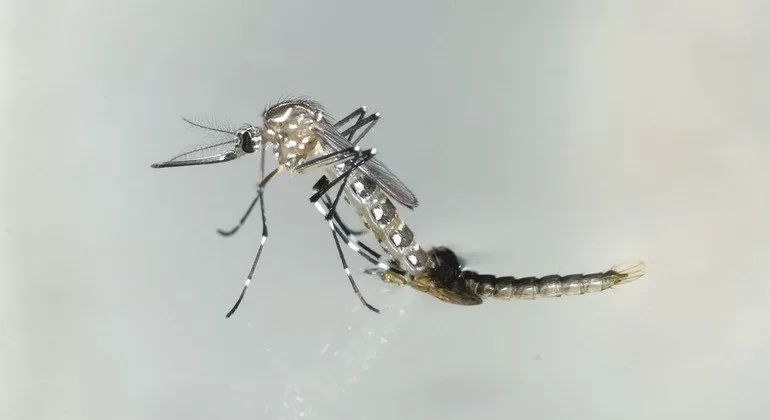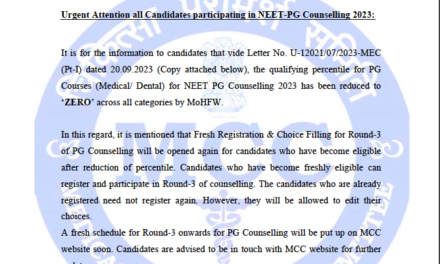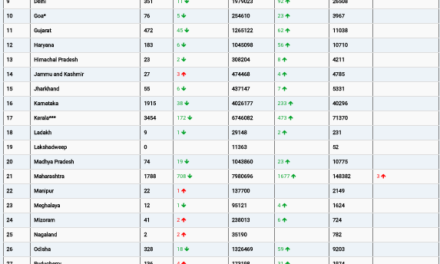Health officials in the Americas are sounding the alarm as dengue fever spreads rapidly across the region, with a staggering 3.5 million cases reported so far this year, according to the Pan American Health Organization (PAHO).
The current tally marks a significant increase from last year, with three times as many cases reported at this point compared to the previous year. Dr. Jarbas Barbosa, director of PAHO, warned that the region is on track to surpass the record 4.5 million cases reported in 2022.
Typically, dengue outbreaks peak during the wet season, which is still months away. However, some areas are reporting dengue for the first time, indicating the severity of the situation.
The surge in dengue cases is driven by various factors, including rising temperatures, rapid urbanization, droughts, floods linked to climate change, and inadequate sanitation and health systems in certain countries.
The dengue virus is transmitted to humans through the bites of infected mosquitoes. Symptoms can include severe headaches, fever, vomiting, rash, and other complications. While most cases are mild, severe cases can be life-threatening, with no specific treatment available other than pain management.
The majority of current cases are concentrated in the Southern Hemisphere, with Brazil reporting over 80% of the cases, followed by Paraguay, Argentina, Peru, and Colombia. So far, more than 1,000 deaths have been reported in the Americas this year.
In the Caribbean, where over 25,000 cases have been reported, countries like Puerto Rico are facing a significant challenge. Puerto Rico’s health secretary declared an epidemic after recording over 540 cases, with many requiring hospitalization despite parts of the island experiencing moderate drought conditions.
To combat the spread of dengue, some countries have introduced innovative measures, including releasing specially bred mosquitoes containing Wolbachia bacteria, which can help combat dengue transmission.
While a new dengue vaccine is available in limited supply, it requires two doses administered three months apart. Health officials are closely monitoring its effectiveness, with plans for a single-shot vaccine expected next year.
The surge in dengue cases serves as a stark reminder of the importance of robust public health measures and ongoing efforts to combat mosquito-borne diseases, as communities across the Americas grapple with the impact of this infectious disease outbreak.











